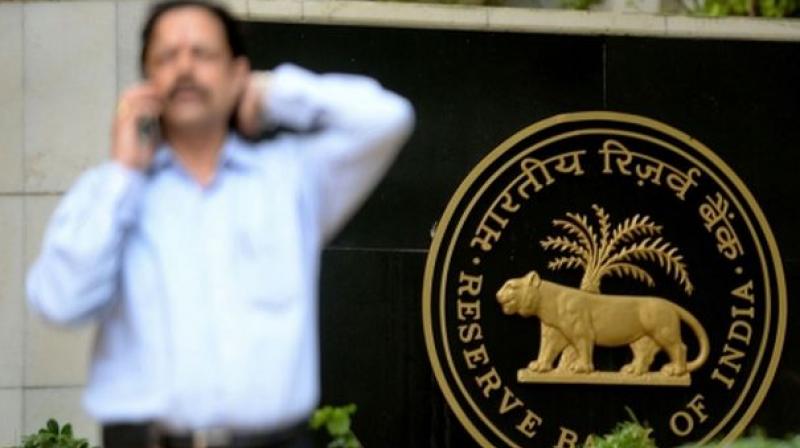Thiruvananthapuram: cooperative banks brandish RBI report
RBI study in 2013 favoured their flexibility in meeting cash needs of the poor.

Thiruvananthapuram: The cooperative societies are more flexible in meeting the cash needs of the poor compared to commercial banks, according to a study.
This was stated by Kerala Sahakarana Federation chairman C.N. Vijayakrishnan citing a study based on a survey conducted by the Reserve Bank of India and the Centre for Socio-economic and Environmental Studies in 2013.
The report titled ‘How the poor manage their finances: A study of the portfolio choices of poor households in Ernakulam’ found a never- ending cycle of lending and borrowing small amounts among the poor households. When the shortfall is for meeting the daily expenses, they mostly depend on loans from friends and neighbours. However, if the need is for raising large amounts for needs like house construction and purchase of land , they also seek the support of formal institutions, mostly cooperative societies. The study concludes that meaningful financial inclusion of the poor by the commercial banks depends on their ability to meet the credit gaps of the poor.
The challenges faced by the poor are not only insufficient income, but also irregular and unpredictable income flows. The poor need credit for meeting frequent gaps in income inflows and consumption outflows.
Mr Vijayakrishnan said that the present curbs on banks would only help the new generation banks as they would take the money out of the state
for investment.
Reaching out to the needy
Report says that when there is a shortfall for meeting the daily expenses among the poor households, they mostly depend on loans from friends and neighbours. However, if the need is for raising large amounts for needs like house construction and purchase of land , they also seek the support of formal institutions, mostly cooperative societies. The study concludes that meaningful financial inclusion of the poor by the commercial banks depends on their ability to meet the credit gaps of the poor.

